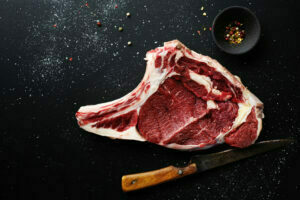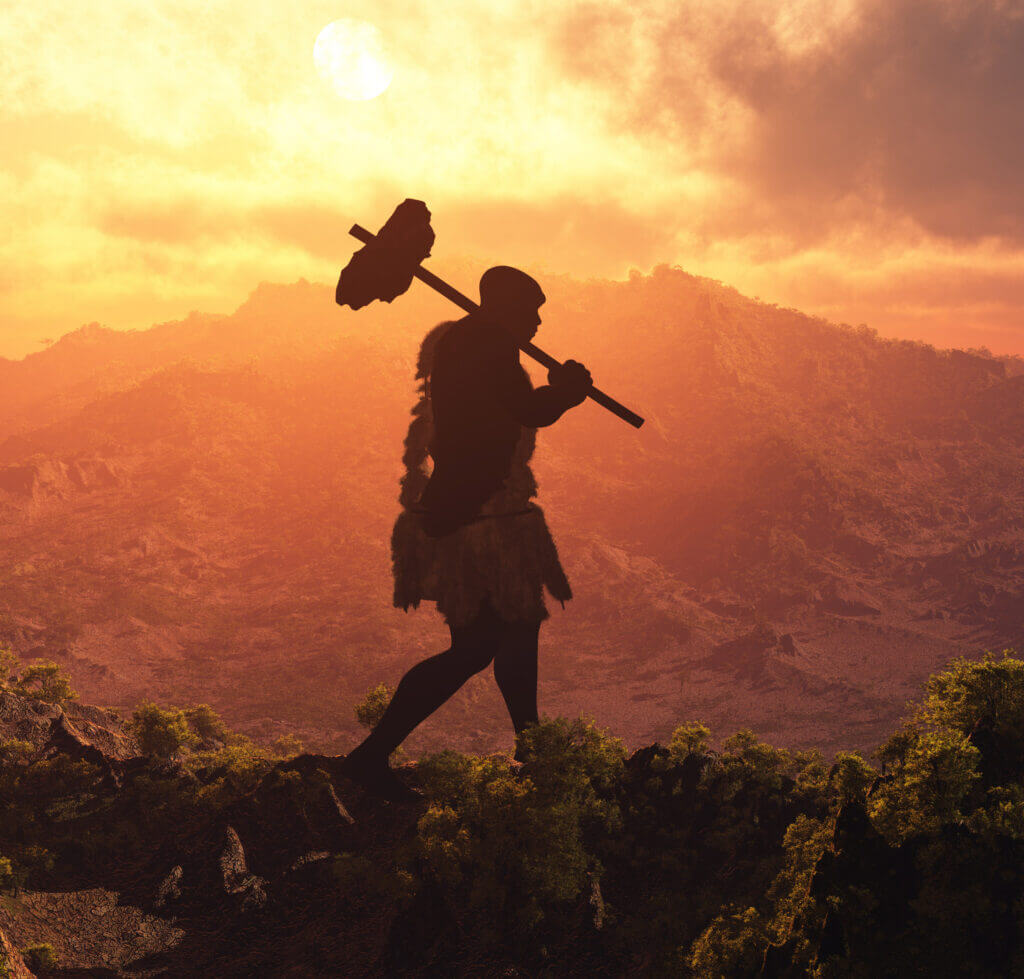Hunter gatherer evolution is an interesting topic. We are tied to our ancestors biologically, and more than you might think. Let’s take a closer look…
The Clinical Analysis Of Joe’s Harsh Practices
Juliana Tamayo, Master of Science in Clinical Nutrition at Fitnessclone.com says:
“There are many factors to consider when it comes to metabolism and efficiency. While it is true that cavemen worked harder at finding food and surviving, it is not true that they did not rest. Rest days have existed for centuries, and they often meant staying warm for survival, or taking care of other chores, such as storing food, preserving it, and more.
“When it comes to rest and sleep, having a normal circadian rhythm is important for recovery and muscle development.
“However, this does not mean sleeping before the sun goes down. During the wintertime the hours are shorter, and going to sleep that early can mean disrupting some of the ways our bodies utilize nutrients, particularly insulin and other hormones involved in metabolism.
“Sweating before eating is not necessary, but it does not harm anyone. While many believe in ‘working for their food’, eating smart is more important. This means timing when you will eat meat vs carbohydrates, and balancing fat as well.

“Greens have always and should always be part of our diet. They are full of vitamins, minerals, dietary fiber, and antioxidants. Eating greens is essential in keeping our gut healthy. Meat, on the other hand, depends on the individual. Although it is true that we as humans have eaten meat for centuries, we have also evolved and so has science. This means that some individuals will likely not tolerate certain meats anymore, and their metabolism does not digest them as it did millions of years ago. It is important to try and force your body to digest meat that does not make you feel good. Instead, focusing on eating protein in a smart way is better. Eating fish, lean proteins, and vegetarian sources of proteins is also a good way to stay fit and see muscle growth. Also, our ancestors likely relied on fish and some plant-based food protein sources as well.”






